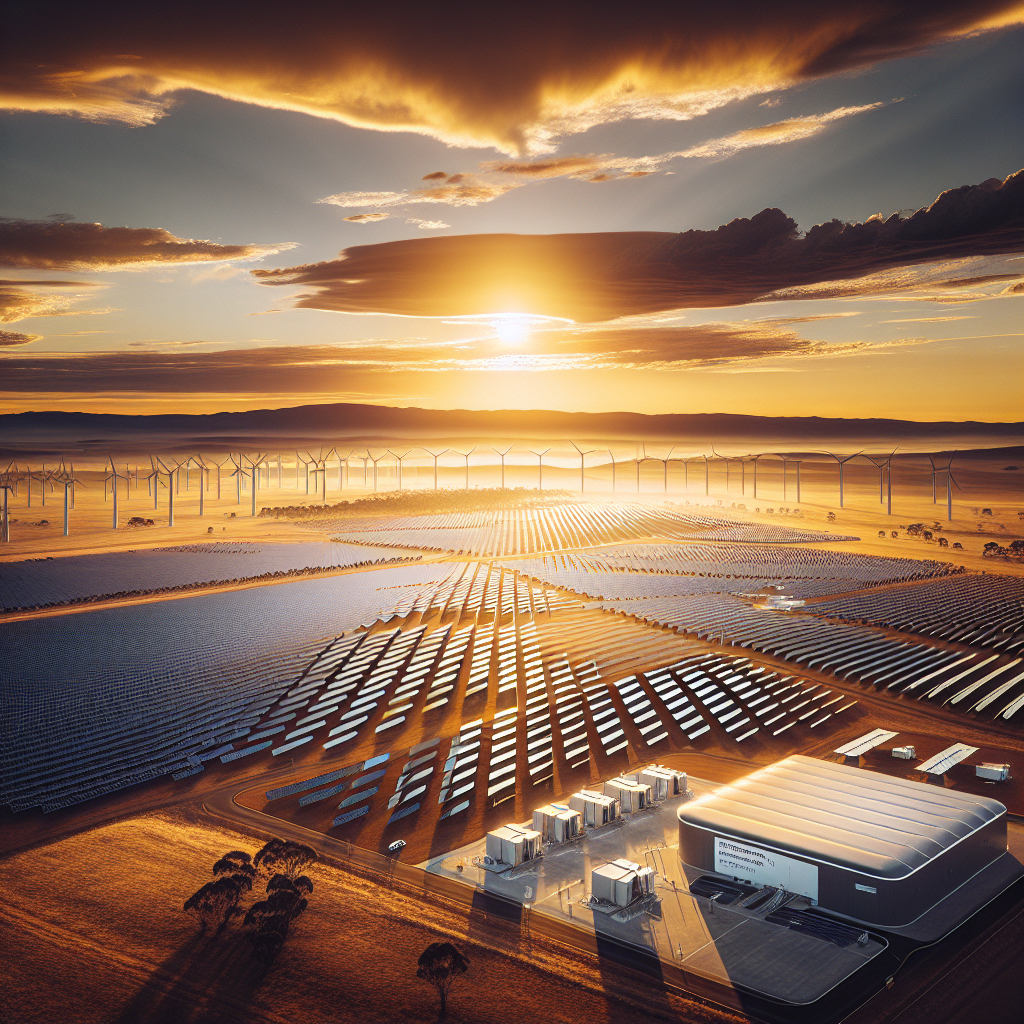Recurrent Energy, a subsidiary of Canadian Solar, has successfully secured financing for a 171MW solar-plus-storage project in Victoria, Australia. This project, known as the “Gannawarra Solar Farm,” will be one of the largest solar-plus-storage facilities in the country.
The project will consist of a 75MW solar farm and a 25MW/50MWh battery storage system, which will be used to store excess energy generated by the solar panels. This stored energy can then be used during peak demand periods, providing a reliable and sustainable source of electricity to the grid.
The financing for this project was provided by a consortium of lenders, including the Clean Energy Finance Corporation (CEFC), Commonwealth Bank of Australia, and National Australia Bank. The total investment for the project is estimated to be around AUD 220 million (USD 160 million).
The Gannawarra Solar Farm is expected to generate enough clean energy to power approximately 25,000 homes and offset over 300,000 tonnes of carbon emissions annually. It will also create around 200 jobs during the construction phase and support the local economy.
This project is a significant step towards achieving Australia’s renewable energy targets and reducing the country’s reliance on fossil fuels. It also highlights the growing trend of integrating energy storage with solar projects, which can help to address the issue of intermittency and make renewable energy more reliable and cost-effective.
The Gannawarra Solar Farm is expected to be operational by the end of 2018 and will play a crucial role in meeting the increasing energy demands of Victoria. It is a testament to the commitment of Recurrent Energy and Canadian Solar towards promoting sustainable energy solutions and driving the transition towards a cleaner and greener future.

